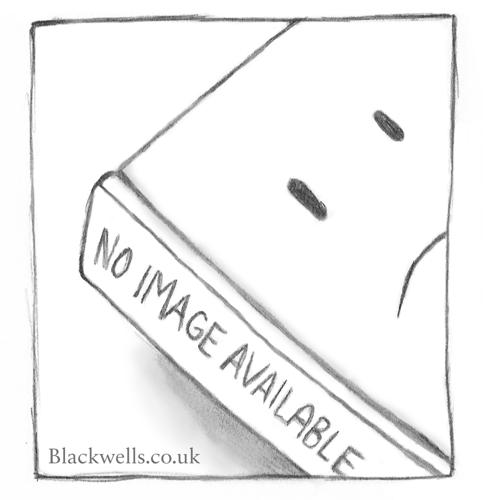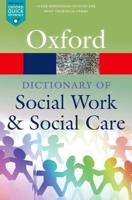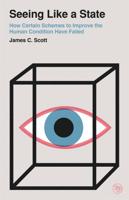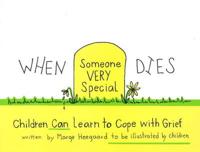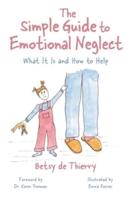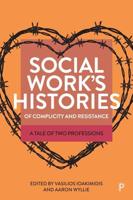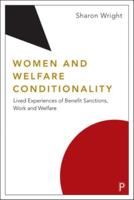Publisher's Synopsis
This report focuses upon the value older people give to low-level services such as help with housework, gardening, home maintenance, and safety and security. It highlights the extent to which these services promote older people's ability to look after themselves and maintain their independence and shows that older people give a higher value to help than they do to care, which they often view as a threat to their independence. The older people saw these low-level services as preventing the need for care. The authors argue that older women's public and private identities are often closely linked to the appearance of their home and that domestic help is important in combating social exclusion and isolation. Older people's definitions of independence are shown to vary in line with changing capacities, energy levels and other circumstances. The case is made for a more dynamic and flexible service response to meet changing needs. The report is based on interviews with older people using various schemes providing 'help' and 'care', and with service providers. It concludes that if 'best value' is to be based on more than short-term fiscal considerations, policy makers need to consider those things which are important to the older people themselves and which will help them continue to live as independently as possible.


